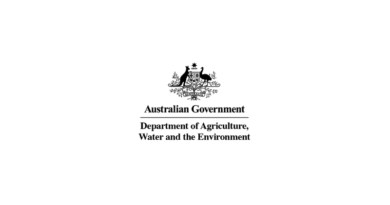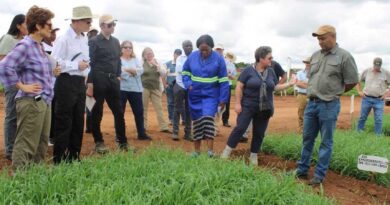Flooding and food safety
31 January 2023, NZ: It is important that growers manage the food safety of fresh produce after floods and major rains.
If your property has been affected by floodwater, it is important to undertake a risk assessment taking into consideration things such as whether the edible portion of the crop has been directly exposed to the floodwater or by floodwater ‘splash’; and how any affected crop can be identified and food safety risks managed.
The impact of floods may also depend on how long the flood water is present, how quickly the growing area dries out and if weather conditions and or stress to the plant could foster fungal growth and the possibility of mycotoxins.
Floodwaters may have:
- Microbial contamination caused by contaminated by sewerage/septic tanks, animal waste, dead animals and decaying vegetative waste
- Chemical contamination including petroleum products, pesticides and other agricultural chemicals. Potential sources of chemical contamination will vary greatly depending on the severity of the flood and the proximity to other operations
- Contaminated water supplies.
The Fresh Produce Safety Centre of Australia and New Zealand (FPSC) has compiled key principles for produce food safety after flooding.
As well as taking into consideration the resources provided by the FPSC to assess the safety of your crop, some simple and effective actions to take include:
- Marking buffer zones between flood affected and unaffected crop. This can be determined on a case-by-case basis but 10 metres from high water is guidance from USA
- Ensure clear identification and segregation of affected and unaffected crop if harvesting for disposal
- Avoid cross-contamination by workers and equipment when operating in affected versus unaffected areas
- Consideration of waiting times prior to replanting in flood-affected areas. While there is no available research in New Zealand, guidance from the USA indicates a 30 – 60 day waiting period and/or soil testing is generally considered sufficient for faecal contamination to decline. This however is dependent on individual circumstances which would need to be assessed.
In addition to considering the FPSC principles as they apply to your specific set of circumstances, it would always be advisable to discuss with your customer any proposed course of action.
Also Read: Millets & Organics -2023: Three-day International Trade Fair starts at Thripuravasini, Bengaluru
(For Latest Agriculture News & Updates, follow Krishak Jagat on Google News)















